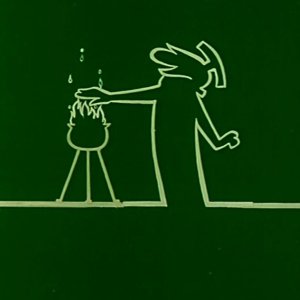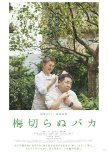The film shows us the story of an elderly woman and her autistic son, Chu-san (He's legally named Tadao, yes, but he only goes by Chu-san) and their struggles with their neighbours.
It's never sentimental about it; there's no pathos at all. It just shows the people as the are. It also never tries to explain what people are thinking or feeling, why they act the way they do -- which is especially exceptional for Chu-san. I can imagine that a lesser film would try to explain him to the "normal" people (i.e. the ausidence), either directly or through the mouth of a character.
This film does neither. It shows us how Chu-san lives his life, what is important to him and where he clashes with the world, who shows no sympathy for him at all; with the exception of the son of the neighbour family.
Following the way the story is told -- unsentimental, but with great sympathy -- the acting and editing stays natural and even understated throughout.
If you can watch this film, then I recommend you to do so!
It's never sentimental about it; there's no pathos at all. It just shows the people as the are. It also never tries to explain what people are thinking or feeling, why they act the way they do -- which is especially exceptional for Chu-san. I can imagine that a lesser film would try to explain him to the "normal" people (i.e. the ausidence), either directly or through the mouth of a character.
This film does neither. It shows us how Chu-san lives his life, what is important to him and where he clashes with the world, who shows no sympathy for him at all; with the exception of the son of the neighbour family.
Following the way the story is told -- unsentimental, but with great sympathy -- the acting and editing stays natural and even understated throughout.
If you can watch this film, then I recommend you to do so!
Was this review helpful to you?


 2
2











